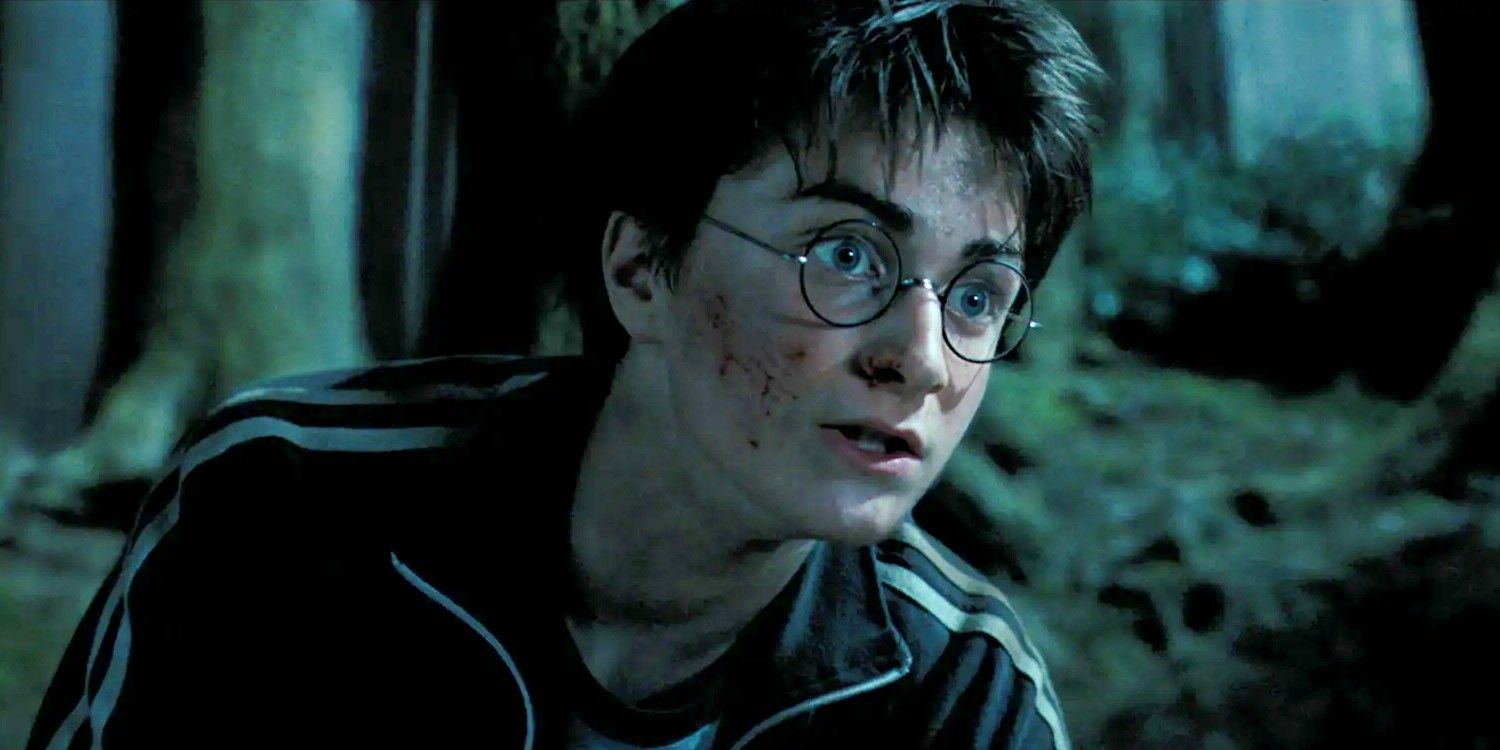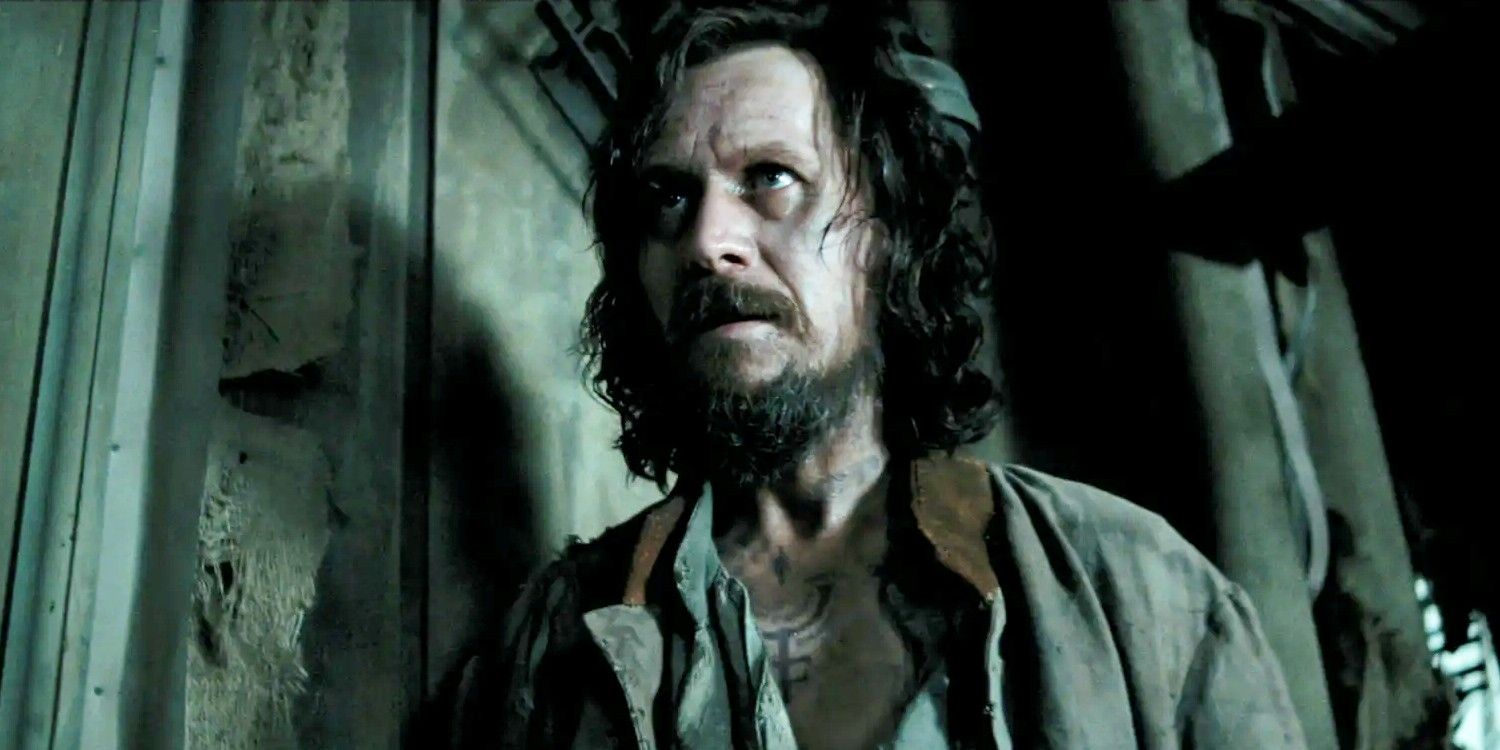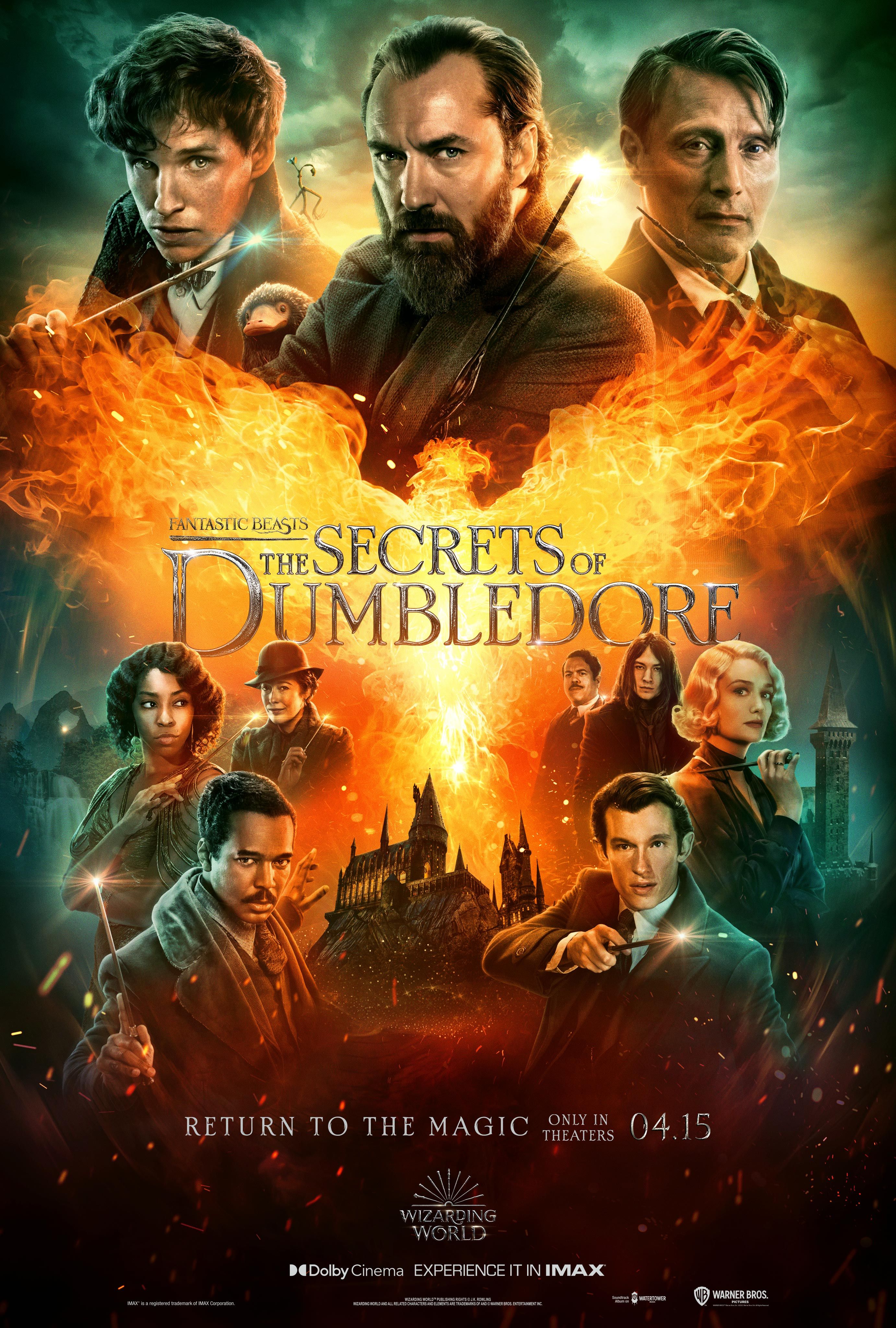Daniel Radcliffe explains how Alfonso Cuarón’s time as a Harry Potter director changed the franchise’s future. The Harry Potter film series began in 2001, serving as an adaption of J.K Rowling’s hugely successful novels. Spanning over the course of a decade, the series ended in 2011 after its eighth and final film, Harry Potter and the Deathly Hallows - Part 2. However, the Wizarding World has continued to be explored in the current, albeit more divisive, Fantastic Beasts series.
Following on from Chris Columbus’s direction of the first two Harry Potter films, Sorcerer's Stone and Chamber of Secrets, Mexican director Alfonso Cuarón was brought in to helm Harry Potter and the Prisoner of Azkaban. The film was a significant departure from the first two entries in the series, replacing their whimsical and fantastical nature with a darker and eerier tone. The film is regarded by many as the best Harry Potter film in the franchise, and marks the introduction of Sirius Black, Remus Lupin, and Peter Pettigrew.
Now, in an interview with Empire, Daniel Radcliffe has expanded on why Cuarón’s Harry Potter and the Prisoner of Azkaban was such a turning point for the series. The actor explains why the decision wasn't as straightforward as it seems by today's standards, explaining that Cuarón wasn’t as well known by general audiences as he is now. Radcliffe also stated that Cuarón’s direction "shaped" the franchise's direction over the coming years, allowing the Harry Potter films “to go to a darker place.” Check out Radcliffe's full quote below:
“[The Harry Potter producers] got Alfonso Cuarón to come in and direct the third one. Now, by the standards of modern cinema, that decision just looks very smart and good. At the time, I think we can forget how absolutely left-field that choice seemed, as the guy who'd just done Y Tu Mamá También. But again, it’s one of the decisions that our producer David Heyman made that really shaped the next few years of the series and allowed us to go to a darker place."
Radcliffe is certainly right to acknowledge that following on from Prisoner of Azkaban, the series was able to explore darker aspects of the Wizarding World and of the characters themselves. However, the book series also takes a darker turn with Harry Potter and the Prisoner of Azkaban, considering the introduction of creatures like Dementors and werewolves. Given this, it’s likely that, even in Cuarón’s absence, the film would have been a shift in tone from its predecessors. Nevertheless, Cuarón was able to translate this new atmosphere from the books to the screen with great success, establishing a clear precedent for the series’ future directors to follow while eliciting great performances from his younger and veteran actors alike.
In the aftermath of the Harry Potter series’ success, the Fantastic Beasts films have also attempted to continue the darker tone established by Cuarón. However, this has yielded mixed results, as many fans of the Wizarding World were hoping that the series would instead recapture some of the whimsy and excitement of the early Harry Potter films, and focus on the exploration of their titular fantastical beasts rather than the convoluted, plot-heavy elements the franchise has been criticised for. However the spinoff series chooses to continue, Cuarón's unique style proved a welcome and exciting change to the original Harry Potter franchise, and the director has more than left his mark on the iconic film series.
Source: Empire



